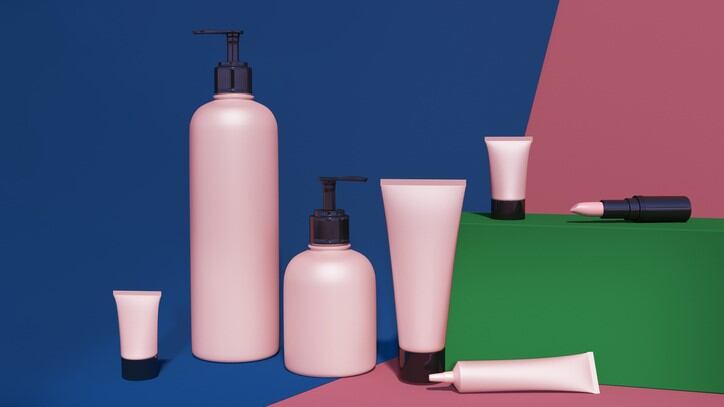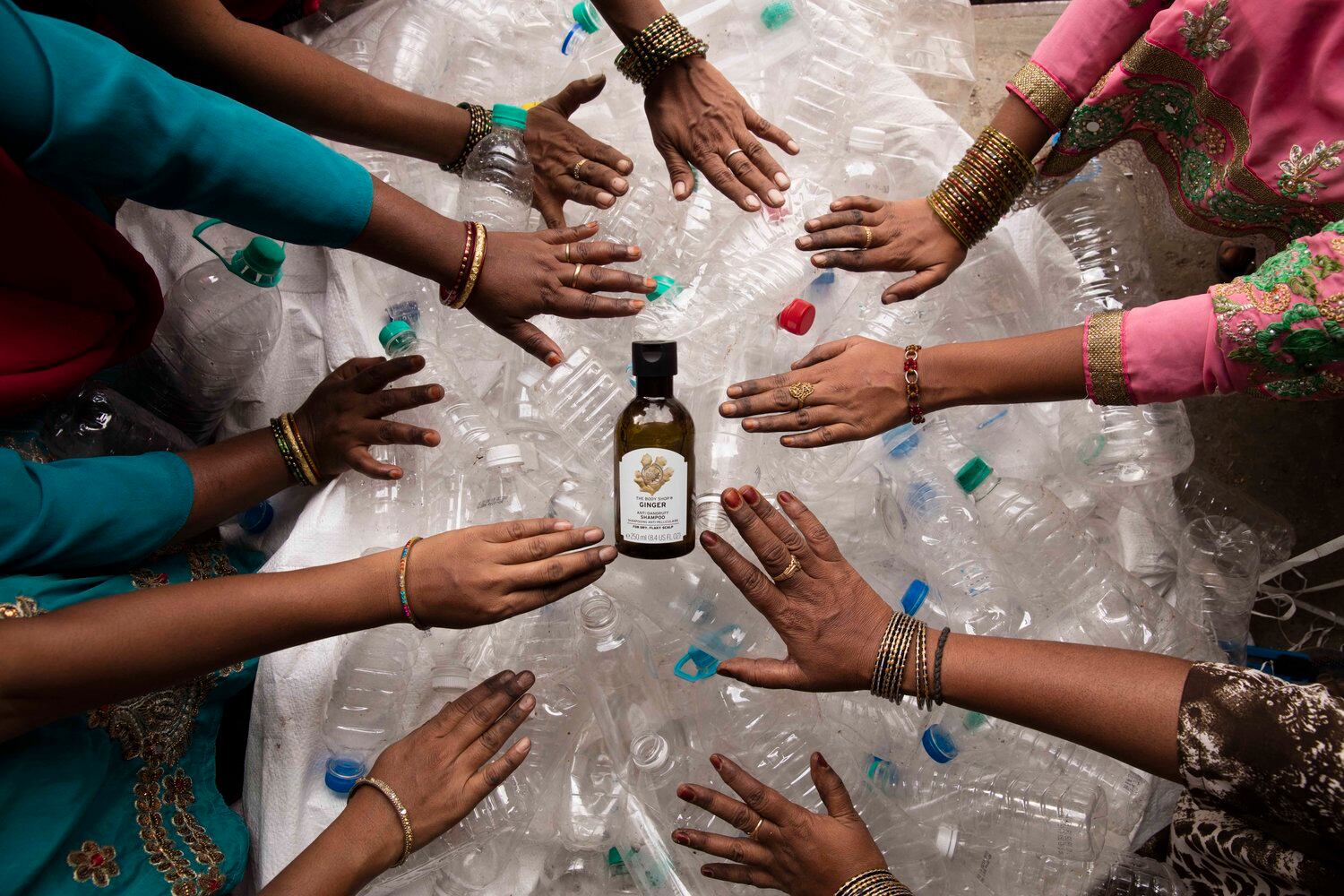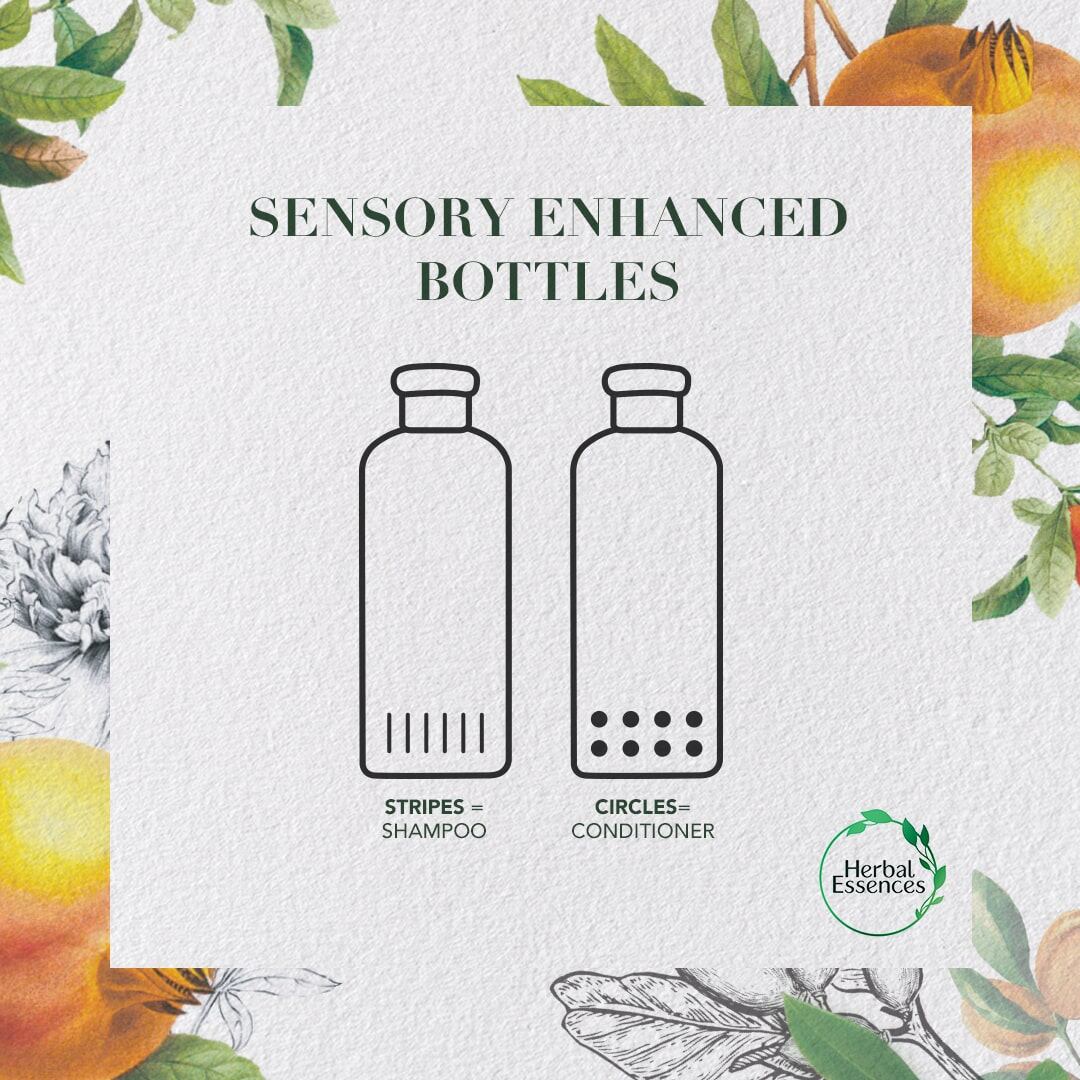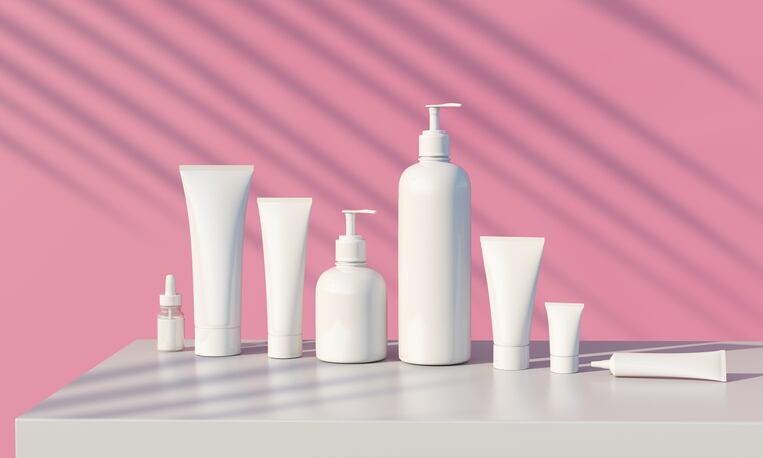1 – Will you be left behind if you don’t switch to sustainable packaging?
An increasing body of evidence is pointing to sustainable packaging as the new industry standard, with recycled materials and refillable solutions becoming more and more popular.
But just how far off are we from seeing sustainable packaging as the new industry standard? Will the march towards this goal render less non-sustainable packaging solutions obsolete? Or will practicality and cost mean that there will always be a market for the type of plastic packaging solutions that our industry still largely relies on today?
To get a good glimpse at the direction the industry is going in it’s a good idea to take a look at the indie beauty category, an area of the industry that moves much faster, and one that has traditionally provided a look in at what lies in store for the future of both packaging and formulation.
Indie beauty takes sustainable packaging to heart
At the recent Indie Beauty Expo in New York City, held at the end of August, I walked the show floor and found it noteworthy how many companies were taking the issue of sustainable packaging very seriously.
2 – The eco beauty package: ‘Mass brands need to step up more’
Sustainable packaging innovation must roll out across mass beauty and personal care if any real strides are to be made, and Western European consumers are largely ready for changes, says a Kantar Worldpanel research director.
Kantar Worldpanel recently conducted a 65,000-strong global survey, in collaboration with Europanel and GfK, on consumer opinion around plastic use in the fast-moving-consumer-goods (FMCG) category. Findings showed climate change topped global consumer concerns, followed by plastic waste. Western Europe was identified as the region with the highest number of consumers “consistently” working to reduce their plastic waste.
Industry response? ‘It’s really not cutting through…’
Natalie Babbage, global LinkQ director of the Kantar Worldpanel Division, said consumers in Western Europe also identified personal care and detergents as their “second-biggest source” of plastic waste – an important finding for industry.
“When you work in industry, you see small acts happening but it’s really not cutting through,” Babbage told CosmeticsDesign-Europe.
Some manufacturers and brands were clearly implementing changes to packaging, she said, but efforts remained niche, premium and largely from independent brands.
3 – Aptar’s latest partnerships signal a commitment to recycled and reusable packaging solutions
The beauty packaging maker has announced partnerships with TerraCycle and PureCycle in recent days, which is an indication that Aptar is eager to help its customers meet looming sustainability goals.
Cosmetics and personal care manufacturers are all working toward some sort of sustainability goals. And it is not uncommon for those goals to include a benchmark for using recycled, recyclable, or reusable packaging. Accordingly, material suppliers and packaging makers are stepping in to address the new needs of beauty makers.
Refillable packaging solutions
The environmental services company TerraCycle got its start in 2001 and has been making inroads that move business away from single-use and disposable packaging all along. Recently, the company’s Loop refillable packaging program has been getting a lot of attention for its partnerships with personal care corporations like Beiersdorf and P&G.
4 – Cosmetics amnesty! Weleda and TerraCycle run empties return program for London Beauty Week
Weleda is handing out free product samples in exchange for empty cosmetic packs during London Beauty Week – part of a bigger drive to spark conversation around sustainable packaging, it says.
The European organic and natural cosmetic specialist has teamed up with its recycling partner TerraCycle to provide a returns program for any cosmetic product. Kickstarting tomorrow, for London’s inaugural Beauty Week just ahead of London Fashion Week, the cosmetics packaging ‘amnesty’ will take place at Covent Garden Piazza.
‘Manufacturers, such as Weleda, need to be taking more responsibility’
Speaking to CosmeticsDesign-Europe about the initiative, communications director at Weleda UK Susie Fairgrieve said it was part of a wider effort to drive awareness around sustainable packaging and get consumers, and industry, thinking.
“Manufacturers, such as Weleda, need to be taking more responsibility and also think ‘we’re far from perfect, let’s get on this and make our packaging as sustainable as possible’,” Fairgrieve said.
5 – 5 top trends seen at MakeUp In New York 2019
At last week’s tradeshow, international beauty packagers, brush makers, contract manufacturers, and more, were showcasing their latest and most innovative solutions for cosmetics and personal care industry insiders. Cosmetics Design was there, and here are 5 of the biggest beauty trends we saw on the show floor.
The beauty tradeshow market is nearly saturated; which makes it all the more refreshing when an established event showcases real innovation. And based on what Cosmetics Design saw at this year’s MakeUp In New York event as well as on conversations this publication had with an array of industry stakeholder attendees during the course of the show, MakeUp In New York was a significant event this year.
Here are a handful of trends seen at MakeUp In New York 2019:
Eco everything
At booth after booth at MakeUp In New York, suppliers were showcasing more sustainable solutions. APR Packaging Inc., a global industry supplier specializing in packaging and formulations had, perhaps, the largest selection of eco-friendly packaging options.





